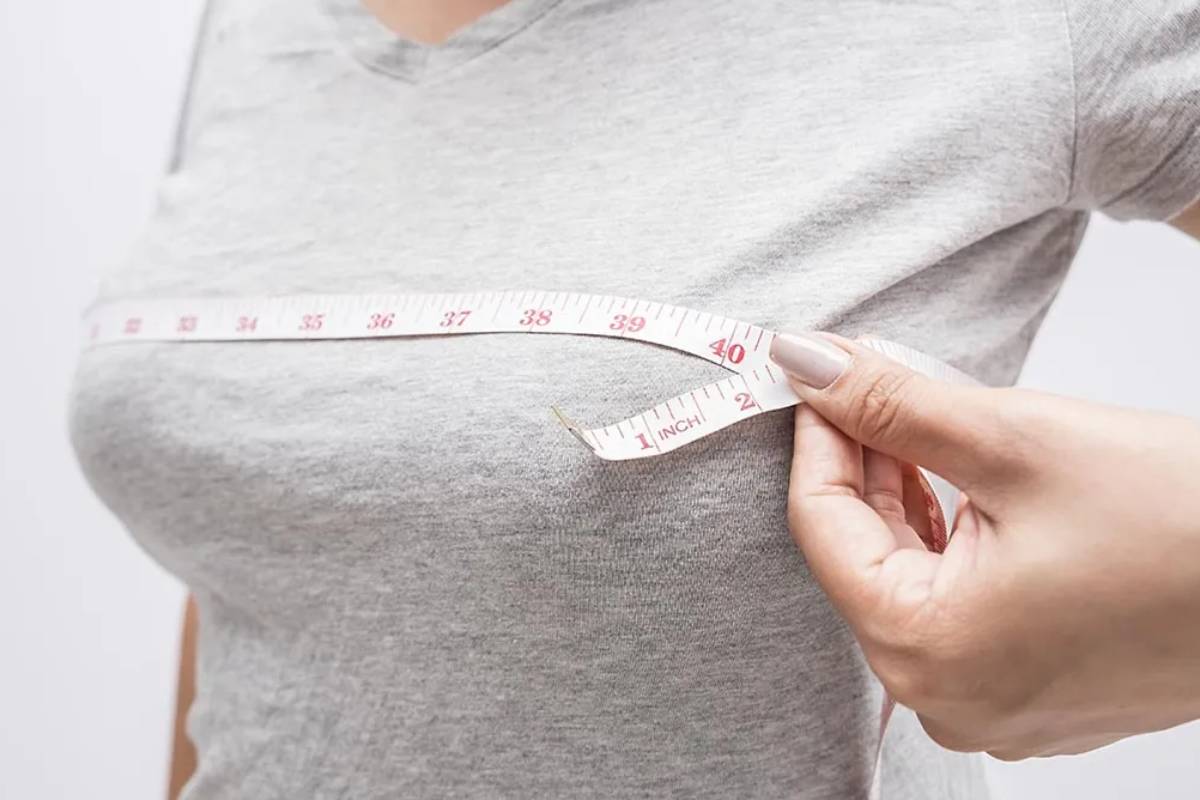Breast reduction is a treatment that involves removing extra fat within the breast, glandular tissue, and skin in order to obtain a cup size that is more in harmony to your physique and to relieve the discomfort that comes with having huge breasts.
Breasts that are disproportionately big might give patients physical and emotional distress. Patients with huge breasts may feel physically uncomfortable as a consequence of their breasts’ weight. Some people may find it difficult to even execute common physical tasks as a result of the pain. Thankfully breast reduction will make your breasts at a comfortable breast size leaving you feeling better both physically and mentally.
Table of Contents
Why Is a Breast Reduction Performed?
Although breast reduction is frequently performed to treat health difficulties, people who do not have oversized breast symptoms but are unhappy with the size of their breasts can still opt for the procedure as a cosmetic procedure.
Patients who choose to have their breasts reduced for aesthetic or health purposes may mention a variety of reasons, including:
-Huge boobs associated with a negative self-image
-Limited activity
-Putting on certain bras as well as apparel is difficult
-Pain in the nerves
– Inflammation of the skin beneath the breasts
-Pain in the shoulder, back, and neck pain that necessitates the use of pain relievers
Breast reduction procedure isn’t usually advised if:
-you are a smoker
-you are overweight
-To keep your breasts free of scars
-you have chronic conditions, such as cardiovascular disease or diabetes
What is the Minimum Age for a Breast Reduction?
Breast reduction surgery can be done at any age, including as a teenager. However, if your breasts haven’t fully matured, you may require an additional procedure in the future.
You may wish to delay breast reduction surgery if you have specific goals in the future, like:
Pregnancy: You might want to postpone this cosmetic procedure until you’ve completed your family. Breast-feeding following breast reduction might be difficult, however specific surgical methods can help you keep your capacity to breast-feed.
Weight reduction: You should delay breast reduction if you want to lose weight by modifying your diet and beginning an exercise routine. Breast size fluctuates frequently due to weight loss.
Breast Reduction Consultation
You’ll visit with your cosmetic surgeon prior to the procedure to discuss your medical history, such as if you’ve had breast cancer or any other medical disorders that impact your breasts. Your cosmetic surgeon will also inquire about the medical history of your family.
It is essential that you share with your cosmetic surgeon important things about your medical history and why you desire to have your breasts reduced. Prepare to talk about any emotional troubles you’ve had with your breasts, as well as how your breasts have felt physically and any physical problems you’ve experienced.
Your cosmetic surgeon may take photographs of your breasts, examine them, and discuss how much tissue should be excised to reach your desired result. He or she will also explain how to prepare for the procedure and how to prepare for the healing process. Before the procedure, a mammogram may also be needed to determine the health of your breasts.
Your surgeon will inquire about your lifestyle, such as if you are a smoker and what medicines you are currently taking, during your appointment. To ensure appropriate healing, you may need to stop smoking for a length of time prior to and following surgery. You may also need to refrain from taking aspirin or anti-inflammatory medications like Aleve. Your surgeon will offer you specific advice on how to proceed.
Breast Reduction Recovery
After your breast procedure, plan on taking at least a week off from work or school. Some patients require a few weeks, although each circumstance is different. Your surgeon will give you instructions on how to remove bandages and sutures at your follow-up visits.
You’ll need to avoid physical exercise for at least four weeks, after surgery, while you heal. You should anticipate being exhausted and having breast soreness after the procedure. To help you get through the first few days, your surgeon will prescribe an oral pain reliever. Heavy lifting should also be avoided.
Following surgery, some people experience an emotional impact, including anxiety and/or depression. This is typical, but make sure you notify your surgeon about any concerns you have.
Bottom Line
Breast reduction surgery involves removing excess fat, tissue, and skin from the breasts. This procedure is tailored to those with enormous breasts and related shoulder pain, back pain, or additional symptoms. Patients who have no physical complaints but want to change their breast size can also have it done.
If you like the size of your breasts but they’re sagging, a breast lift may be needed only. If you want to reduce the size of your breasts or have another breast procedure, talk to a cosmetic surgeon in your region about your goals and any concerns.






